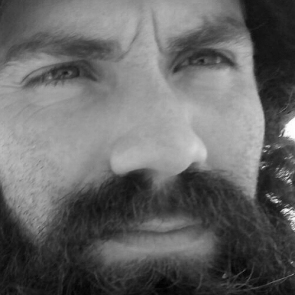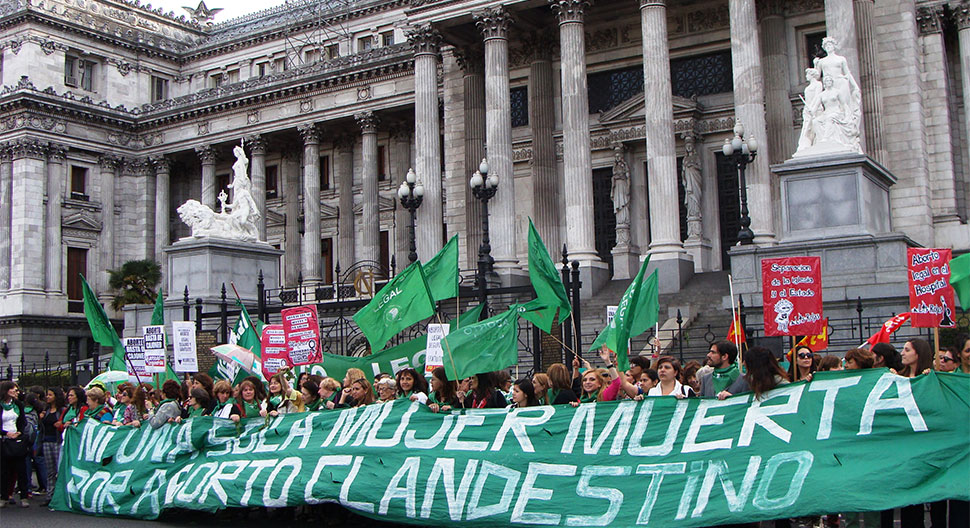
Santiago Maldonado
Santiago Maldonado disappeared on the 1 August 2017 in the context of a police repression in the Argentinian province of Chubut. His body was found later on in the Chubut River.
Santiago Maldonado was an artisan who was deeply involved in the Mapuche community and their fight for their ancestral land rights. The land that Maldonado and the Mapuche community were trying to protect had been bought by Italian businessman Luciano Benetton, owner of an Italian clothing retailer. The police repression of the protest took place because the Mapuche community was allegedly occupying the same land. Santiago Maldonado joined the protest in solidarity with the Mapuche community and to demand the release of their leader Fucando Jones Huala. The repression included gunfire and was carried out within the indigenous community by the National Gendarmerie.
There have been many theories about what happened to Santiago, including that proposed by Patricia Bullrich, the security minister for Argentina, suggesting that he was stabbed by a fellow protester, or that he drowned in the Chubut River where he was found. Nonetheless, human rights activists and his family believe that Santiago was captured and killed by the National Gendarmerie and that it was a cover up by the government.
The disappearance of Santiago Maldonado motivated a resolution by the United Nations Committee against Enforced Disappearances for the Argentine State to adopt "an integral and exhaustive strategy for the search and location" and a precautionary measure by the Inter-American Commission on Human Rights, in order to protect his rights to life and personal integrity.
Santiago’s brother, Sergio, described him as a nomad, a person who loved nature and art and did not have any violent tendencies.
While it is uncertain how exactly Santiago Maldonado died, his story has left a mark that will continue to resonate with Argentina’s people for years to come as they fight for justice and an independent and impartial investigation.

